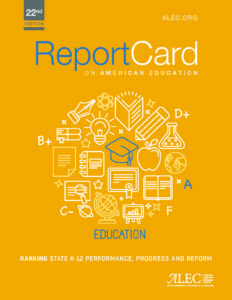
Americans are academically ill-equipped to defend the Constitution: Lindsey Burke and Angela Sailor
“A republic, if you can keep it,” Benjamin Franklin allegedly quipped when asked what type of government the Constitutional Convention had crafted for the United States. More than two centuries later, astonishingly low levels of civic literacy suggest Americans are academically ill-equipped to do so.
Just 23 percent of American eighth-graders are proficient in civics, according to the National Assessment of Educational Progress (NAEP). That figure falls to nine percent and 12 percent for African American and Hispanic students, respectively. Eighth graders fare even worse in U.S. history, with just 18 percent scoring proficient on the most recent administration of the test.
This civic illiteracy carries over into the adult years. The Annenberg Public Policy Center has found that just two in five Americans can name all three branches of government; one in five cannot name a single branch.
Former Pepperdine University President David Davenport was astonished to discover students pursuing a masters of public policy who had never read the Constitution.
Civics should be considered essential content in high schools. Instead, these basics have been cast aside for a politicized “action” civics which focuses on neighborhood organizing and engagement with special interest groups, rather than a civics education that leads to thoughtful and engaged citizenship.
To read the rest of this column in the National Interest, please click here.



